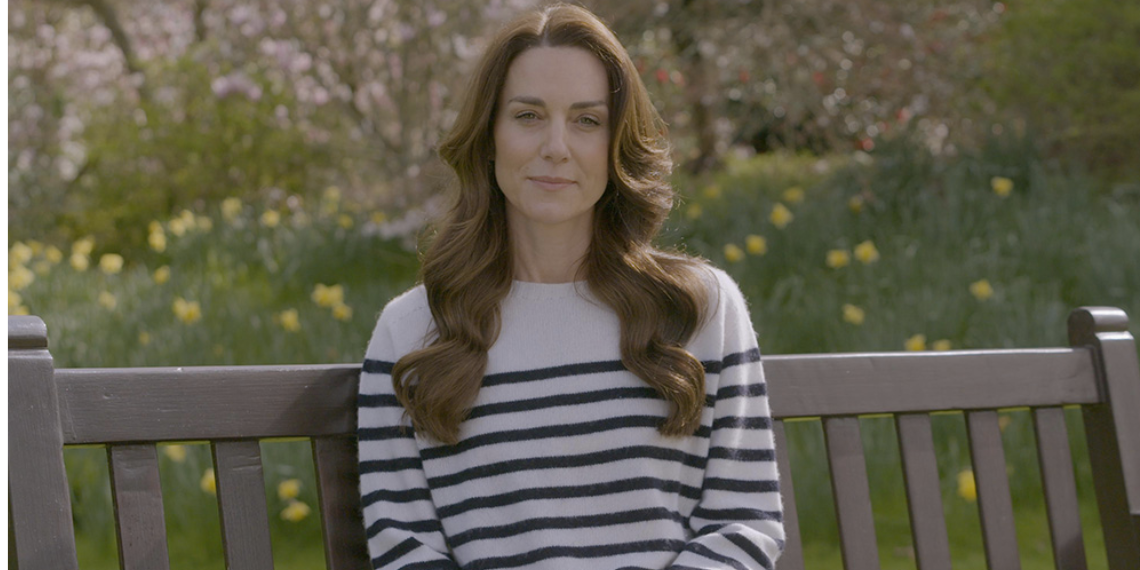In our digital era, the line between public figures and their personal lives has increasingly blurred, inviting a level of scrutiny and invasion that can only be described as relentless.
Is Kate Middleton just taking a 3 month break to learn how to use Photoshop? https://t.co/vQSYhgY9qF
— S U S A N (@PerrysNostalgia) March 10, 2024
The recent, deeply personal revelation by Kate Middleton, the Princess of Wales, serves as an example of this unsettling trend. After facing a barrage of hate and criticism online for a photoshopped photo—an incident for which she had already issued an apology—she found herself in a position where silence was no longer an option. Her subsequent video, disclosing her battle with cancer, was a moment of vulnerability that spoke volumes about the pressures faced by those in the public eye.
This act, borne out of necessity rather than choice, reflects a troubling reality about our society’s relationship with public figures and their personal struggles. This wasn’t about seeking attention or sympathy. This was about a woman pushed to the brink, forced to share her most private struggle in the public eye, begging the question: When does this cancel culture end?
Historically, public figures from various spheres—entertainment, politics, and sports—have found themselves in similar predicaments. Actors have come forward with their health diagnoses after rumours about their appearance spiralled out of control. Politicians have felt the need to disclose personal family matters in the face of relentless speculation. Athletes have shared private struggles with mental health following criticism of their performances. Each of these instances, like Middleton’s, highlights the voracious appetite for every detail of public figures’ lives, coupled with a swift rush to judgment.
This hunger for information, fueled by social media and a relentless news cycle, has blurred the lines between public interest and personal invasion. Her decision to speak out was a defence against a culture that feels entitled to every detail of every life, especially those in the public eye.
The toxicity of online interaction has touched all-time lows. The anonymity and ease of social media have emboldened many to voice harsh judgments without thought of consequence. The trend of cancel culture, quick to condemn and slow to forgive, plays out with alarming regularity, leaving little room for humanity. Kate Middleton’s situation is a reminder of how quickly and ruthlessly this machine can turn, even against those facing personal tragedies.
What, then, does Kate Middleton’s video really mean for us? I believe, it’s a mirror held up to our society, showing us the ugliness of our voyeuristic tendencies and our quickness to judge. It challenges us to reflect on our contributions to a culture that drove a woman battling cancer to publicly justify her condition. It’s a call to kindness, to empathy, to remembering that behind every headline is a human being dealing with joys and sorrows, victories, and battles.




